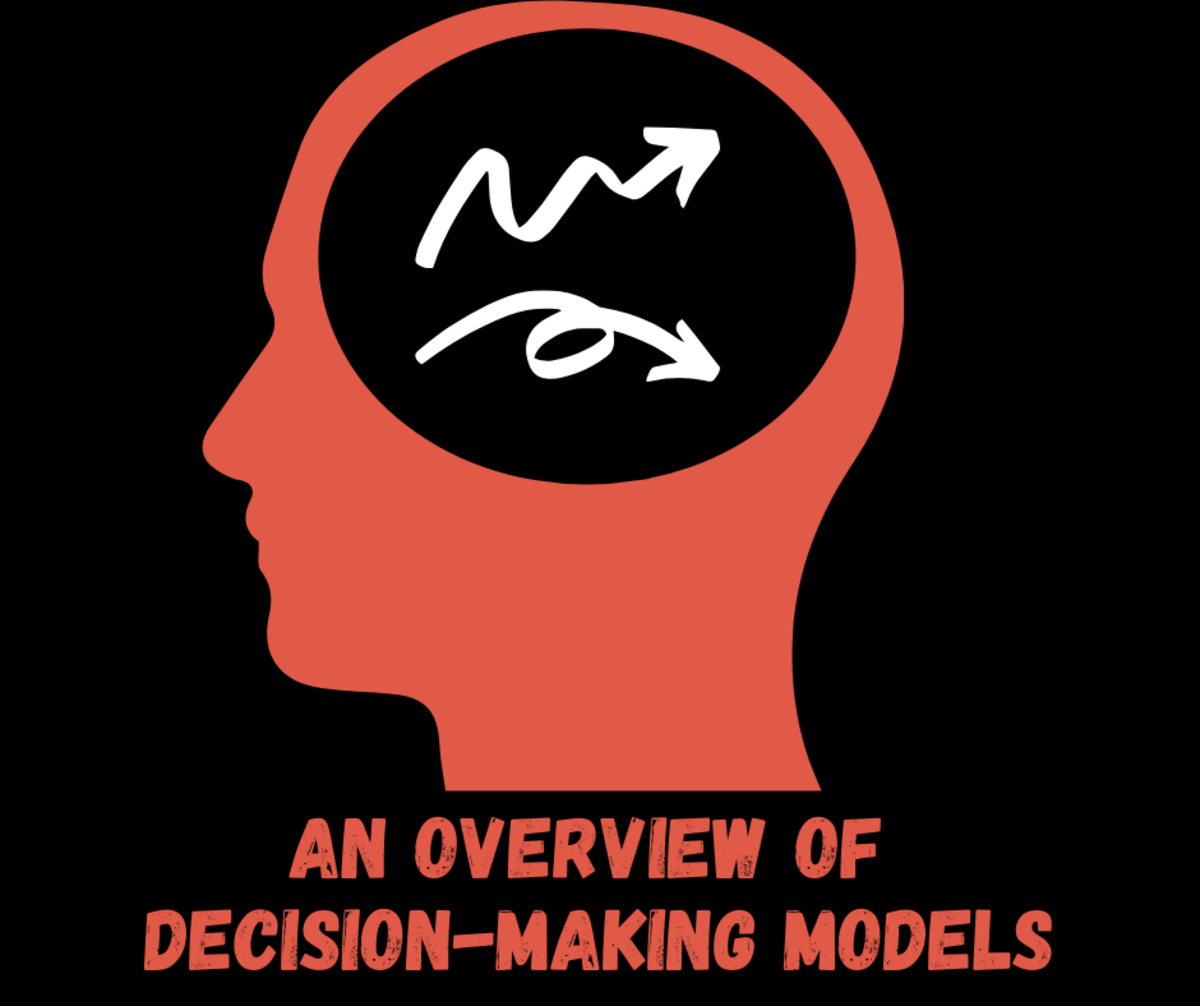Tips to Help You Make the Best Decision. When You Can't Decide.
Because sometimes you just can't decide what to do for the best.
It's happened to us all at one time of our lives or another, a situation has cropped up and we just don't know which way to turn.
We make decisions everyday, some of them are easy like deciding what to have for breakfast and some of them are incredibly difficult, like deciding weather to move home. Whatever the circumstance, there are a few strategies that you can apply to the problem that will make the decision process easier for you.
Making a good decision and reaching the best solution, is as much about asking the right questions as it is about taking the correct actions. The harder a decision is to make, the greater the consequences are likely to be. Often their maybe other peoples lives involved too and they will be influenced by the choice you make.
Fortunately whatever the dilemma is that you are facing, weather it be work, home or relationship related the following tips can be applied to any decision that may arise, no matter how big or small.

Begin at the end.
At first I know that this seems not to make much sense, but once I explain you will understand what I mean.
What is the ideal outcome of the decision and what is it that you ultimately hope to achieve at the end? Try and imagine how you would like things to turn out as a result of your decision. It may also help to break the decision making process down into smaller, more manageable units. (If this is possible) Before taking any action try to envisage what the consequences are likely to be if you pursued, that line of action.
Do your research.
Gather as much reliable information as you can, in the time you have available. There maybe a deadline on your decision and it may seem like a waste of your time to be on a research mission, but trust me it will be well worth having all the available facts at your disposal.
If you are seeking advice from others it's important to question their motives for the outcome of your decision. it maybe that they are totally unbiased and will be unaffected by the decision, if this is the case then you can assume that their opinion is a logical and rational one. If they have nothing to lose or gain then their points are well worth considering. However if the people around you, that are pitching in their suggestions have something to lose or gain from the outcome, it's worth considering why they have put forward the approach that they have.
Additionally, the greater amount of data and facts that you have accessible to you the more straightforward it will be to weed out ideas that won't work.
Find out where the original problem sprang from.
Any difficult or confusing situation that you find yourself in, is usually a symptom of a problem. Like with any medical problem you may encounter, your body gives you a warning that something is wrong, you experience these symptoms and use them to determine exactly whats wrong with you and how best to treat your ailment until it is cured.
Similarly when you are faced with a decision and you are finding it difficult to choose what course of action to take, it helps to know where the problem originated from in the first place. what lead to you being left with the choices you need to make now? By establishing where it arose from and fixing it as quickly and effectively as possible at it's root, you can prevent similar obstacles cropping up again in the future.
Like when treating your body, it helps to understand what causes the trouble before you try and treat it.
Figure it out on paper.
When concerns are swimming around in your head, it can be hard to grapple with all the various points and options. Trying to decipher a solution using the power of your mind alone, will be a huge and unnecessary undertaking.
Mind map, brainstorm or jot down your plans of action with good old fashioned pen and paper. Seeing everything written down will make all the options clearer and will enable you to get a better overall picture of the scenario. This approach also helps you to detach yourself from some of the emotional ties that you have associated with it.
Quantifiable data.
Statistical and quantifiable data are not something to be scared of, in fact this kind of intelligence can be an invaluable tool for the best decision making approach. As long as you are aware that statistics hold a lot of variables and you have a clear and concise understanding of what those variables are, you can make a better more informed decision.
Graphs, numbers and charts need not be as daunting as you may imagine them to be, if you can't seem to make head nor tail of any information because of the way it is presented, seek help and guidance from someone who does. Finding the appropriate resolution will be an arduous task without the understanding and knowledge of the correct facts and figures.
Weigh it up.
Write a pros and cons list, straightforward and no non-sense, but extremely useful. For every possible choice determine what factors are beneficial and which ones are not, you will soon be able to identify the better options.
Don't be hasty.
Although there will be times where a speedy decision maybe necessary and unavoidable, it is best to try and avoid this approach if you can. It never pays to rush into making a decision and swift initial actions, will often lead to further problems later on. Don't let anyone try to push or pressure you into making a quick decision, If someone seems to be trying to force their supererogatory opinions or unwarranted influence on you, you may want to consider what their grounds and intentions are.
What is your gut telling you?
Your instincts are there for a reason, if you're having nagging doubts about a problem or a sinking feeling comes over you when you are contemplating a particular course of action, listen too it, it is probably right.
Whatever the hunch or inclination you get, go with it. The best decision should feel good and correct.
Level of action.
How important is it? Will it need to be tackled seriously or is it only a minor hiccup. A good assessment of the situation is always favourable, this will help you decide how much time, energy, money or resources are needed to solve it effectively.
It may not need you to go into it with all guns blazing and a large amount of artillery, however it can be just as damaging to be under prepared for something. By knowing how important the decision is and figuring out its time restrictions, the process of decision making becomes much easier.
- Team leadership skills.
Good, effective team leadership is a vital part of running a successful business, getting it right will ensure a happy, productive workforce and an encouraging, motivating work environment. Where as bad practice of team leadership will quickly... - How failure, leads to success!
It's a life long marathon and because of all the many different ways in which we interpret success, there is no one formula or short cut in which to achieve it. More often then not we don't think of success as one particular thing or another and... - How to have fun in work, ways to make the workplace ...
When Monday rolls around it can sometimes seem like an intolerable effort to crawl out of bed in the morning, as the prospect of going to work is not always a desirable one. Fun and the workplace are not...








